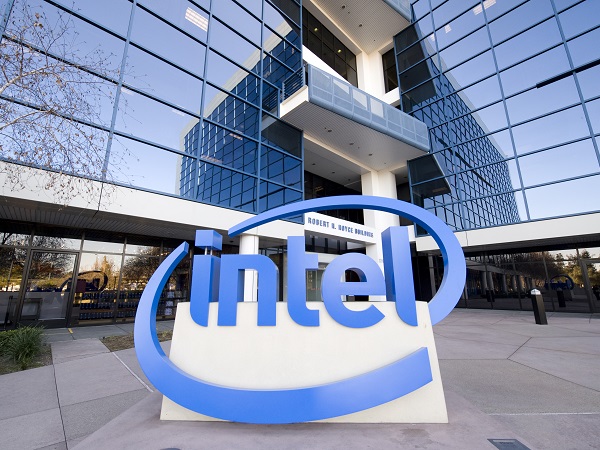ISLAMABAD ( BMZ REPORT )
Intel Pakistan today hosted a panel discussion, featuring 5 senior female executives from a range of businesses, including Saeeda Madviwala – CEO & Director TONI&GUY, Pakistan, Lubna Lakhani-CEO Raintree Spa, Jehan Ara- President, Pakistan Software Houses Association for IT & ITES (P@SHA) and The Nest I/O, Asma Aziz- PR and Marketing Manager, Pakistan, Bangladesh & Sri-Lanka, Salma Jafri- Content Marketing Consultant for Entrepreneurs and team Lead Google Business Groups (GBG) Women and Zainab Ansari- CEO Xenith Public Relations Pakistan, to discuss ICT’s role in empowering women in Pakistan.
Aimed at increasing a positive dialogue on gender diversity in the technology industry, the session showcased the importance of ICT in enhancing greater diversity within Pakistan’s workforce, and how it can contribute to the country’s GDP.
“Education and ICT have been the predominant drivers of change in the last century, opening the doors to knowledge, opportunity, and a higher quality of living for people across the globe. In Pakistan, increasing the ICT capabilities of girls and women has the potential to change lives by transforming education, improving health, and reducing infant mortality. Through the discussions held today, we hope to move forward in addressing many of these issues locally to empower a new generation of ICT users,” said Asma Aziz, Intel Pakistan.
The discussion was attended by key industry professionals from the banking, beauty and personal care, social welfare, IT and corporate service sectors.
Intel’s Commitment to Closing the Gender Technology Gap
Intel research[1] suggests that while technology plays a growing role in our everyday lives, girls and women are still being left behind, with nearly 25 per cent fewer women than men having access to technology. In some regions, the figure can rise to 45 per cent, such as in Sub-Saharan Africa.
Intel is committed to providing women with opportunities enabling them to achieve their individual potential and drive change. Aimed at developing countries, in 2013 Intel introduced its ‘She Will Connect’ program. The initiative aims to expand digital literacy skills to young women in developing countries by using a combination of training, an online peer network and gender-relevant content. The program is helping young women acquire and improve their digital literacy skills. Intel was recently recognized by Global Connections for Women Foundation for its continuing commitment and progress made in female empowerment and gender equality.
Intel also announced plans in early 2015 to invest $300 million to help build a pipeline of female and under-represented engineers and computer scientists at Intel. Alongside this, Intel launched the Diversity in Technology initiative, which is its goal to achieve a full representation of women at Intel by 2020.
“Education should be a fundamental right for everyone and at Intel we recognize the major role technology plays in improving both the quality of and access to education, including here in Pakistan. Hopefully through the dialogue established today, we can accelerate action across Pakistan to provide girls and women with opportunities for quality education and personal growth,” concluded Asma Aziz.

